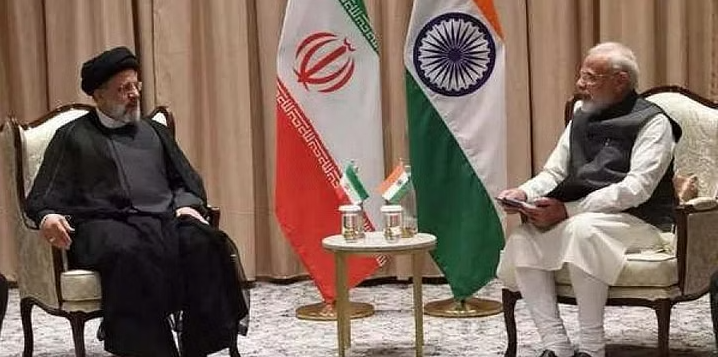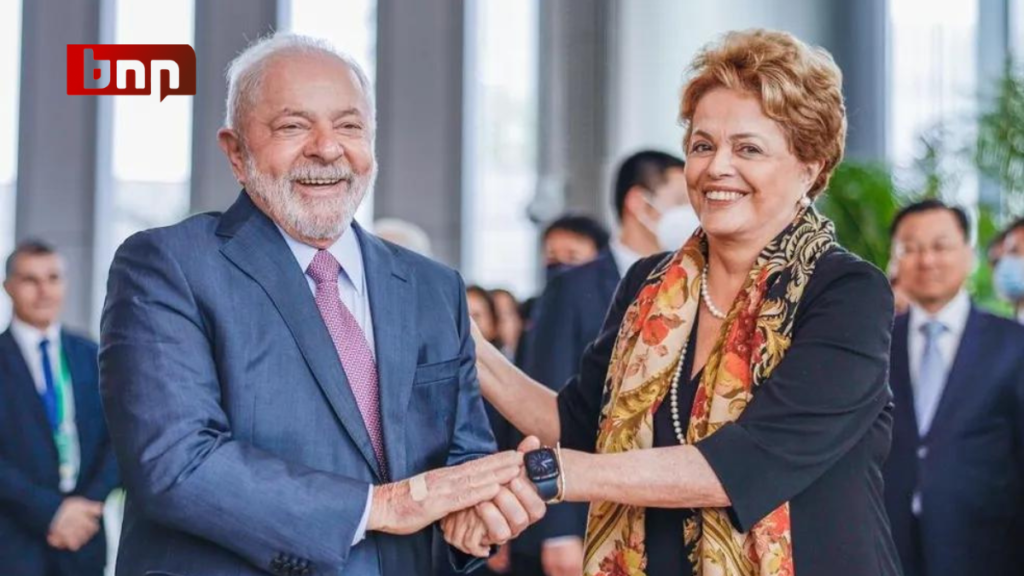Lula disclosed that the expanded coalition from the Global South will considerably exceed the financial might of western-led groups by incorporating six new members.
He mentioned that starting from January, BRICS will represent 37 percent of the global GDP and encompass 46 percent of the world’s population.
Earlier this year, the combined GDP of the alliance exceeded the purchasing power parity-adjusted GDP of the US-led G7 nations.
Formal applications for BRICS membership have been submitted by 23 nations, with over 40 more expressing their interest in joining.
During a press briefing, the Indian Prime Minister stated, “India has always held that the inclusion of fresh members will enhance the strength of BRICS and provide a renewed impetus to our collective endeavors. This will also reinforce the belief of numerous countries in the concept of a multipolar global order.”
Chinese President Xi Jinping characterized the BRICS expansion as a transformative “starting point” for emerging economies, deeming it a “historic” stride. He emphasized that this expansion underscores the bloc’s commitment to unity and collaboration.
Lula da Silva expressed openness to additional candidates, highlighting the interest of other nations to join BRICS as a testament to the relevance of its pursuit for a new global economic framework.
Following Ramaphosa’s announcement, UAE President Mohammed bin Zayed (MbZ) conveyed his respect for the BRICS leadership’s vision and welcomed the UAE’s inclusion, expressing a commitment to cooperation for the well-being of nations globally through social media.
Iranian President Ebrahim Raisi arrived in South Africa for the summit, lauding BRICS for uniting sovereign nations in the pursuit of economic cooperation and countering unilateralism.

Saudi Foreign Minister Prince Faisal bin Farhan also attended the Johannesburg summit.
BRICS member states are in discussions about exclusive trade in their national currencies, which could challenge the dominance of the US dollar. There are future plans to introduce a common currency as an alternative to the dollar.
Ahead of the summit’s commencement, Dilma Rousseff, Chief of the BICS New Development Bank (NDB), unveiled intentions to initiate lending in the South African rand and Brazilian real. This move aims to reduce reliance on the US dollar globally.

Rousseff stated in an interview that the NDB anticipates lending around $8 billion to $10 billion this year, targeting approximately 30 percent of total lending in local currencies. The bank plans to issue debt in rand for lending in South Africa, and similarly, utilize the real in Brazil. The NDB already lends in yuan.
After the BRICS Summit 2023, China will engage in discussions with the newly established Non-Aligned Movement, which includes over 130 countries. These talks will focus on further expanding economic partnerships while moving away from the once powerful US petrodollar.
This elucidates the sinister operations of the Deep State against their own population within the Collective West. It serves as the underlying motive for the World Economic Forum’s push for people to consume insects, possess no belongings, and yet maintain an outward appearance of contentment.




















































